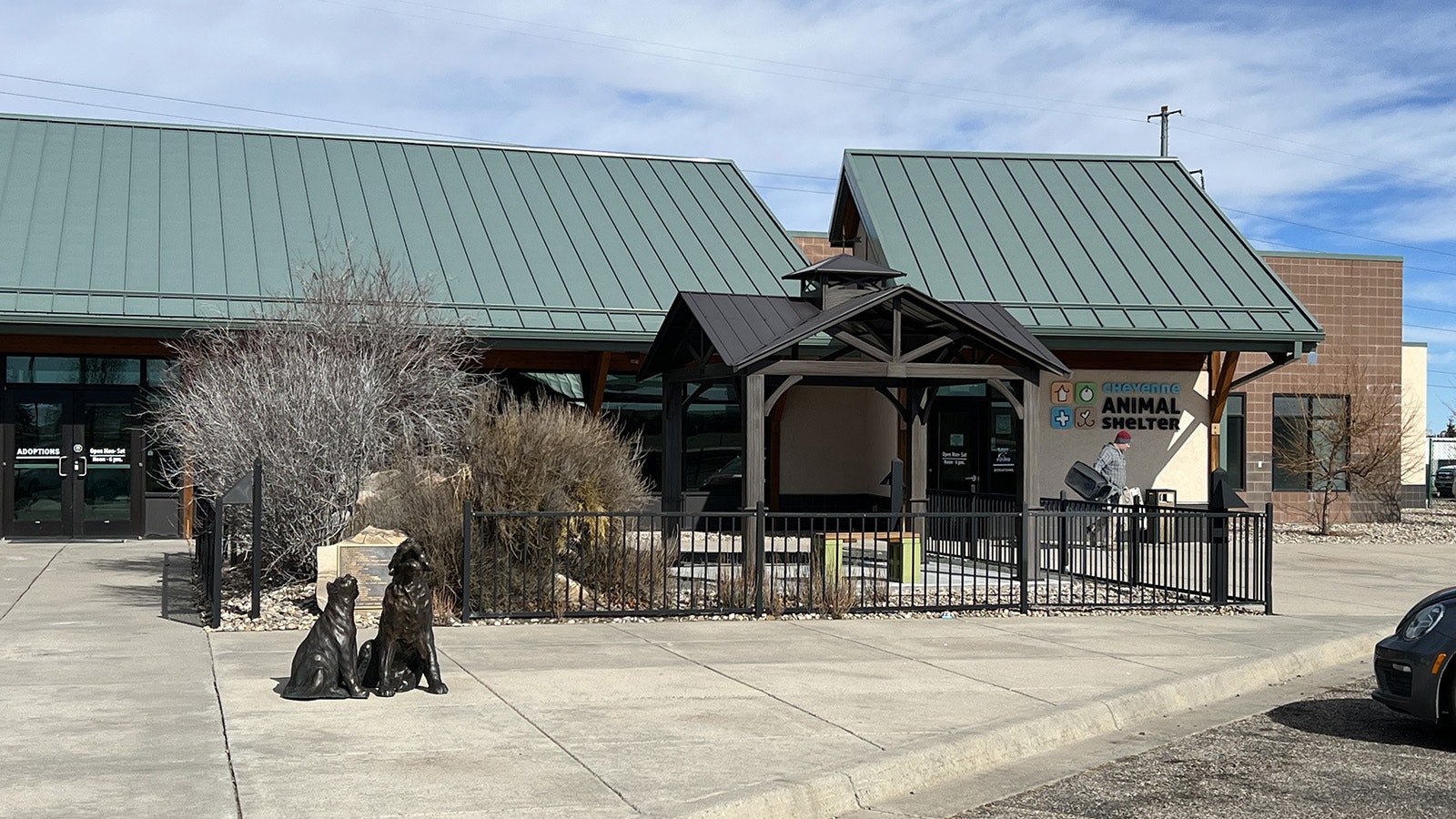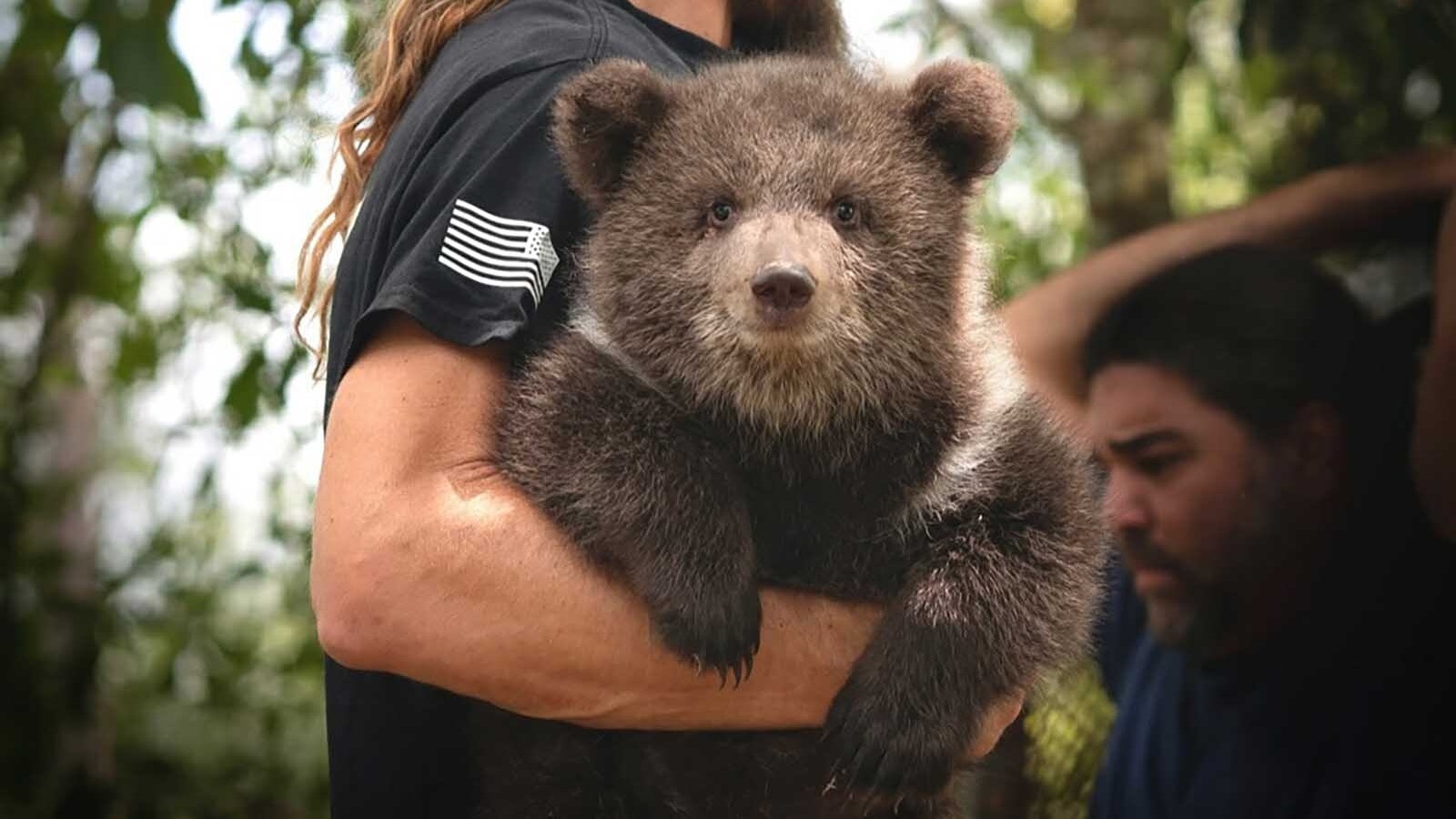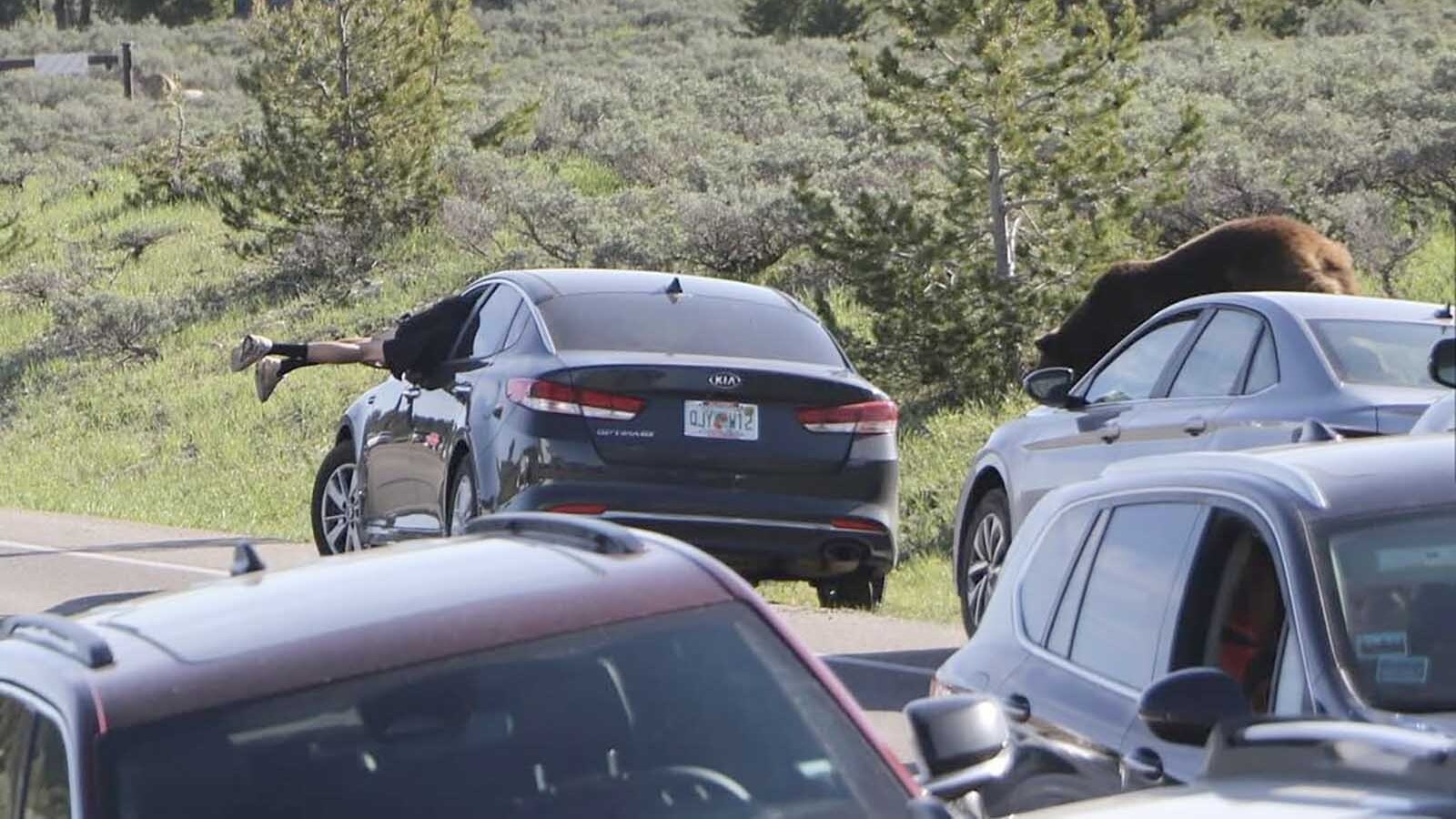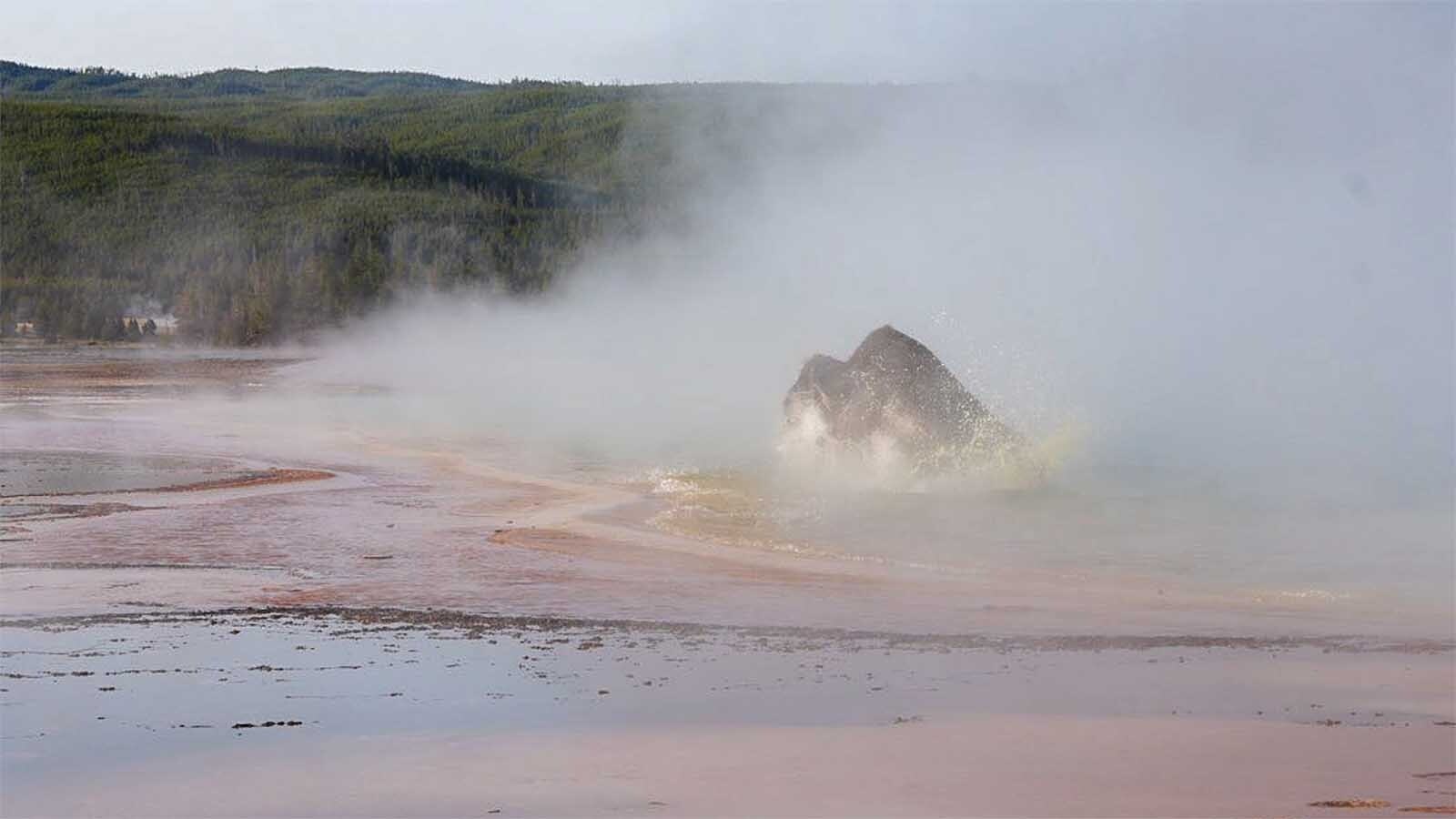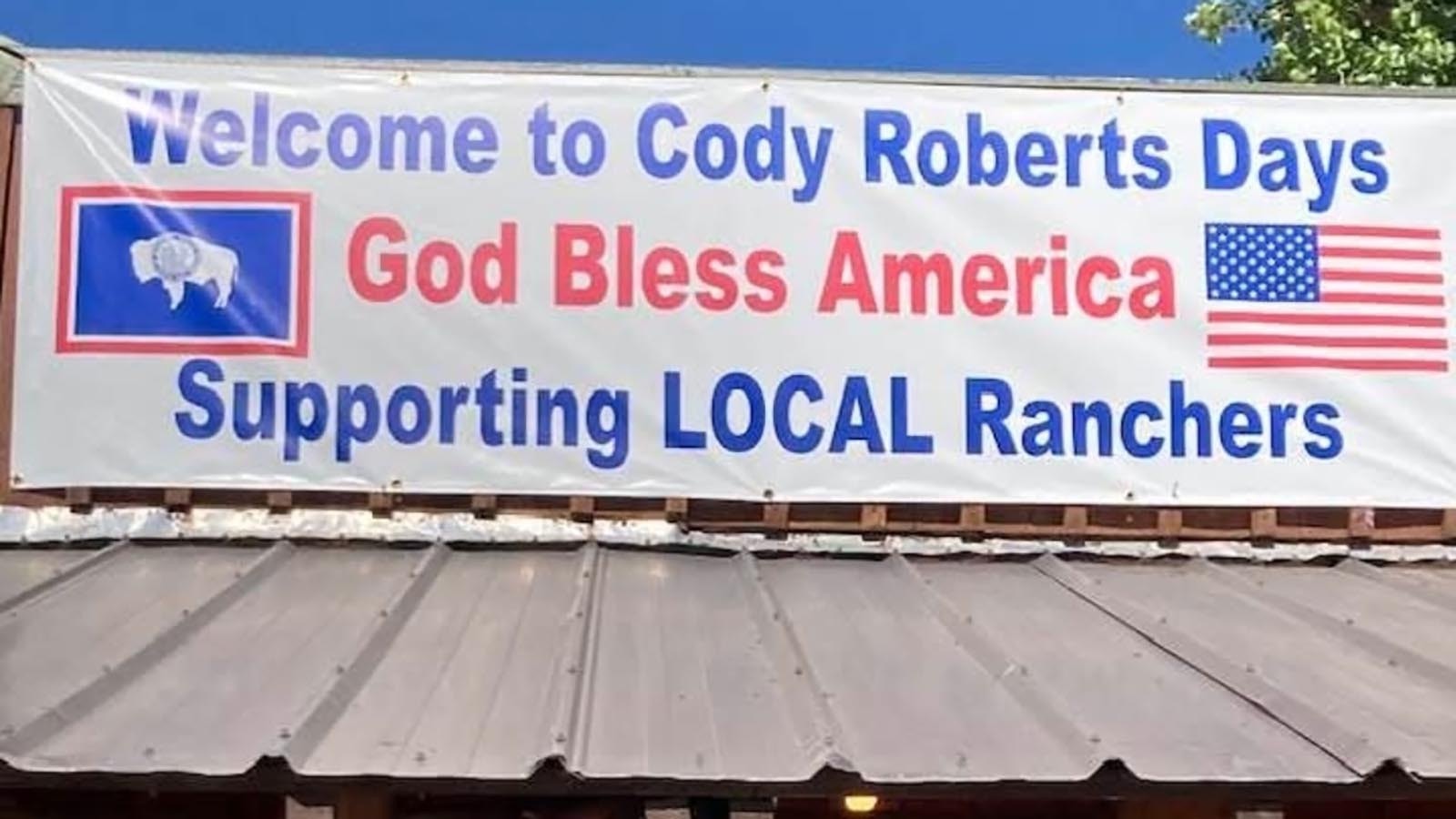City of Cheyenne leaders have agreed to renew their contract with the Cheyenne Animal Shelter despite refusing to do so earlier this month, said Cheyenne Mayor Patrick Collins.
“Wednesday night, we settled,” Collins told Cowboy State Daily in a Friday morning interview. “We agreed to the terms of a three-year contract.”
The new contract agreement comes in what shelter supporters likely see as the nick of time: The city was set to vote Monday on a lease agreement to create its own animal shelter.
But the negotiations aren’t over. The contract historically has included funding from the Laramie County Commission as well, and that board has not yet voted on a decision to renew the contract, said commissioner Linda Heath.
Heath said the county likely would follow the city’s lead, but not without first discussing its statutory duty to house strays and whether it should be funding animal social services beyond that.
“The county actually kind of tends to be a tag-along on this whole thing,” she said. “I think there’s going to be a lot of discussion as to what are the appropriate services will be for the city and county to offer.”
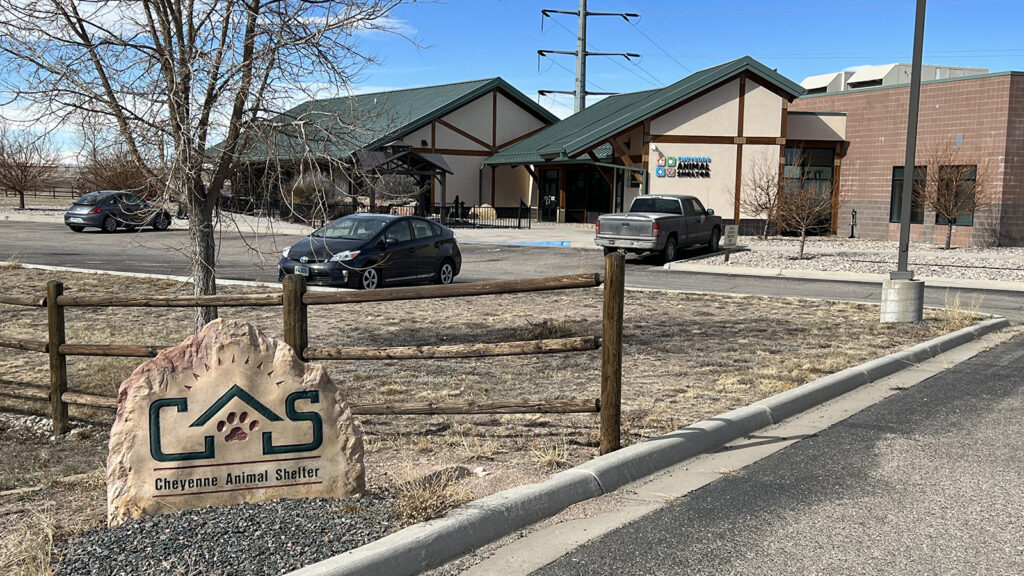
Costs More Than Doubled In Recent Years
Collins on March 9 informed the Cheyenne Animal Shelter that he was recommending against renewing the shelter’s government partnership of about 50 years. He cited diverging ideas about the extent to which public money should be used to fund “social” and philanthropic animal services through the Cheyenne Animal Shelter, along with concerns over transparency and costs.
The financial commitment from the city and county had more than doubled from $320,000 in 2019 to $812,000 this year, the mayor said.
The new three-year contract will give the shelter $800,000 in the coming year, followed by $850,000 for the second year and $900,000 for the third, Collins said. After that, voters will have some say in whether they want to continue to fund the nonprofit shelter.
“Our intention after that is to put the shelter on our sixth-penny sales tax for future funding, and we hope the voters will support them,” said Collins.
That tax now funds infrastructure, fire department, parks, roads, airline and federal-grant-match needs, the mayor said, adding that voters can expand how sixth-penny money is used.
“This is a win for our community and for our animals,” said Cheyenne Animal Shelter CEO Britney Tennant. “I don’t think we’d be here if the public hadn’t voiced such profound support for the animal shelter and for the work we do here.”
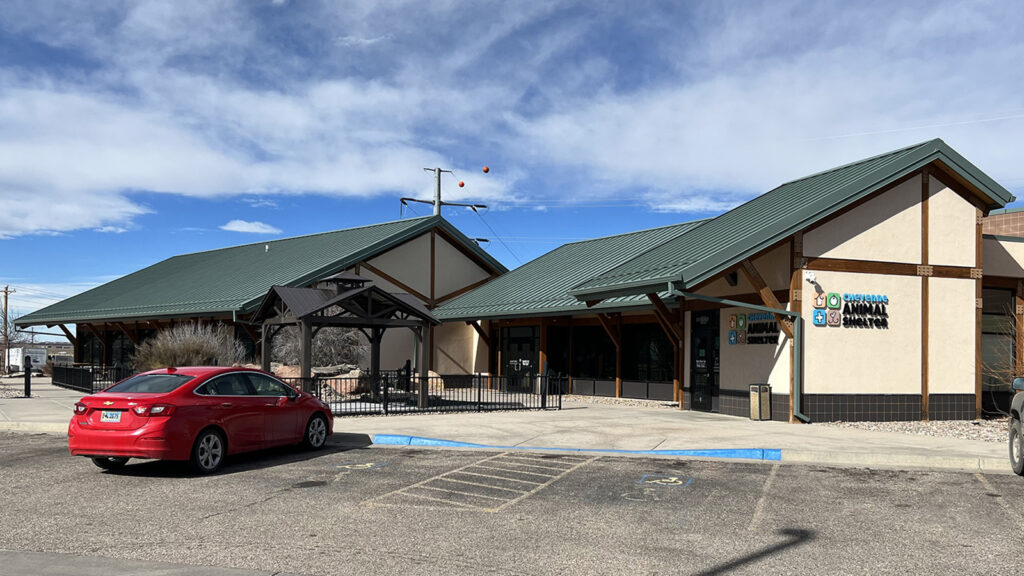
‘No Idea What They Make’
Collins on March 9 said that the shelter has not been transparent with how it spends public money.
“This is the only contract I can think of, that I can’t tell you how our tax dollars are being spent,” he said at the time.
The shelter responded by posting to its website its 990 tax reports through June 30, 2020, and its audit reports through June 30, 2021. These are not, however, a full expense breakdown.
Collins said though the shelter sent city and county officials an expense breakdown from the past four years last week, that data didn’t itemize all salaries.
“I have no idea what they make, to be honest with you,” said Collins. “I don’t know that that’s as important as being able to share with the taxpayers how our tax dollars are being used, and we’ve agreed to research the best way to do that.”
Collins said he appreciates the detailed information that the shelter has given to the governments.
He said the shelter has agreed to “share some financial information with us” going forward, and that the city and county are working “to find out what best (transparency) practices are in the industry.”
The shelter’s tax reports show that in the fiscal year ending in 2018, then-CEO Robert Fecht took a salary of $67,776. CEO Donald Kremer took a salary of $52,655 the following year. And the year after that, then-CEO Sue Castaneda received $65,420, according to the tax reports.
CEO Britney Tennant’s salary is not posted to the website, as those reports predate her role with the shelter in that position.
‘We Have Increased Our Wages’
Public money accounts for about 37% of the shelter’s total revenue, said Cheyenne Animal Shelter CEO Britney Tennant.
She told Cowboy State Daily on Friday that the city and county have not asked the shelter to change the many “social services” with which Collins voiced qualms in the first place.
“I think they understand the contract is not actually paying for those services, which is a point we’ve been trying to make through all of this,” said Tennant, adding that the shelter is “working on several years of revenue and expense reports to publish on our website.”
Tennant said salaries have grown in recent years, because of inflation and because shelter employees were historically underpaid.
“We have increased our wages here,” she said. “That’s something we’ve done in line with our mission to provide exceptional care to animals.”
Tennant said having tenured and qualified staff paid well will help prevent turnover and yield reliable and quality animal care.
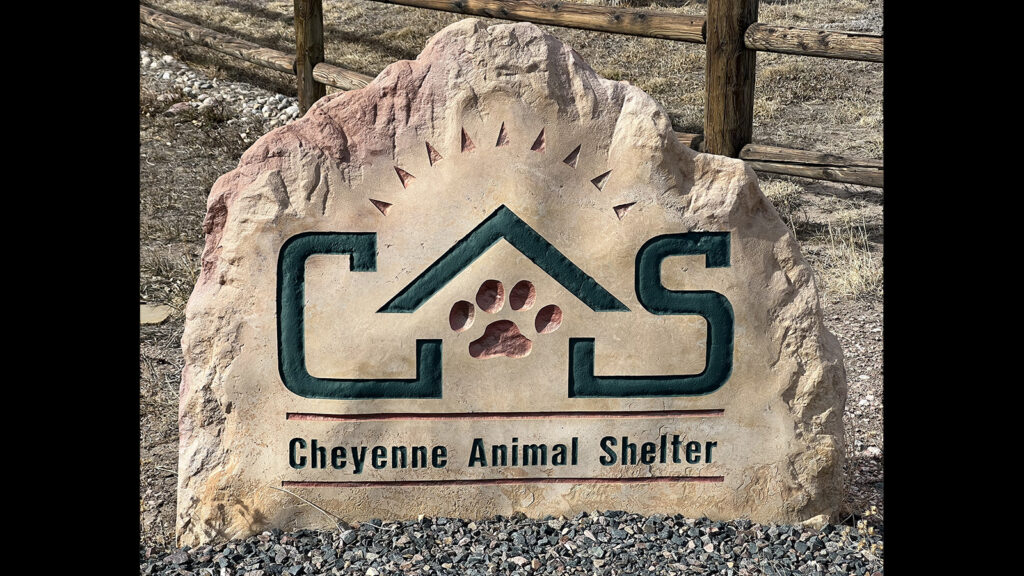
Which Animals?
The larger “unanswered question,” she said, is which animals will be served by the government funds going forward, whether those will include strays seized by people and animals surrendered by people, along with strays seized by animal control.
“That’s what we need to iron out,” she said.
A Hospital, Sort Of
Collins said the expense reports helped him to understand the shelter better and spurred renewed negotiations between it and the City.
He did not directly answer whether he understood why the shelter’s contract amount had surged in the past three years.
Former CEO Sue Castaneda said the costs were always climbing because of inflation and the rigors of the job.
“We finally forced the issue, to ask the city and county to pay their share versus the donors covering and subsidizing (everything),” Castaneda told Cowboy State Daily last week.
She said that the $1.25 million the shelter had originally requested for next year and the $1.74 million it had hoped to have in the years after that were on par with the shelter’s actual needs.
She said the shelter’s facilities are “almost 20 years old. There were repairs that needed to be done. It’s, in some ways, a hospital where all the patients do their business on the floor.”

